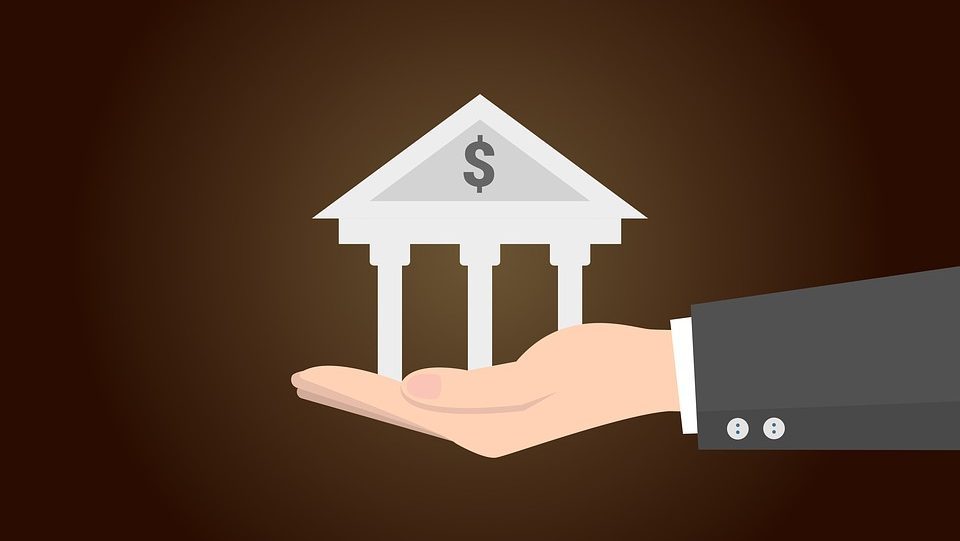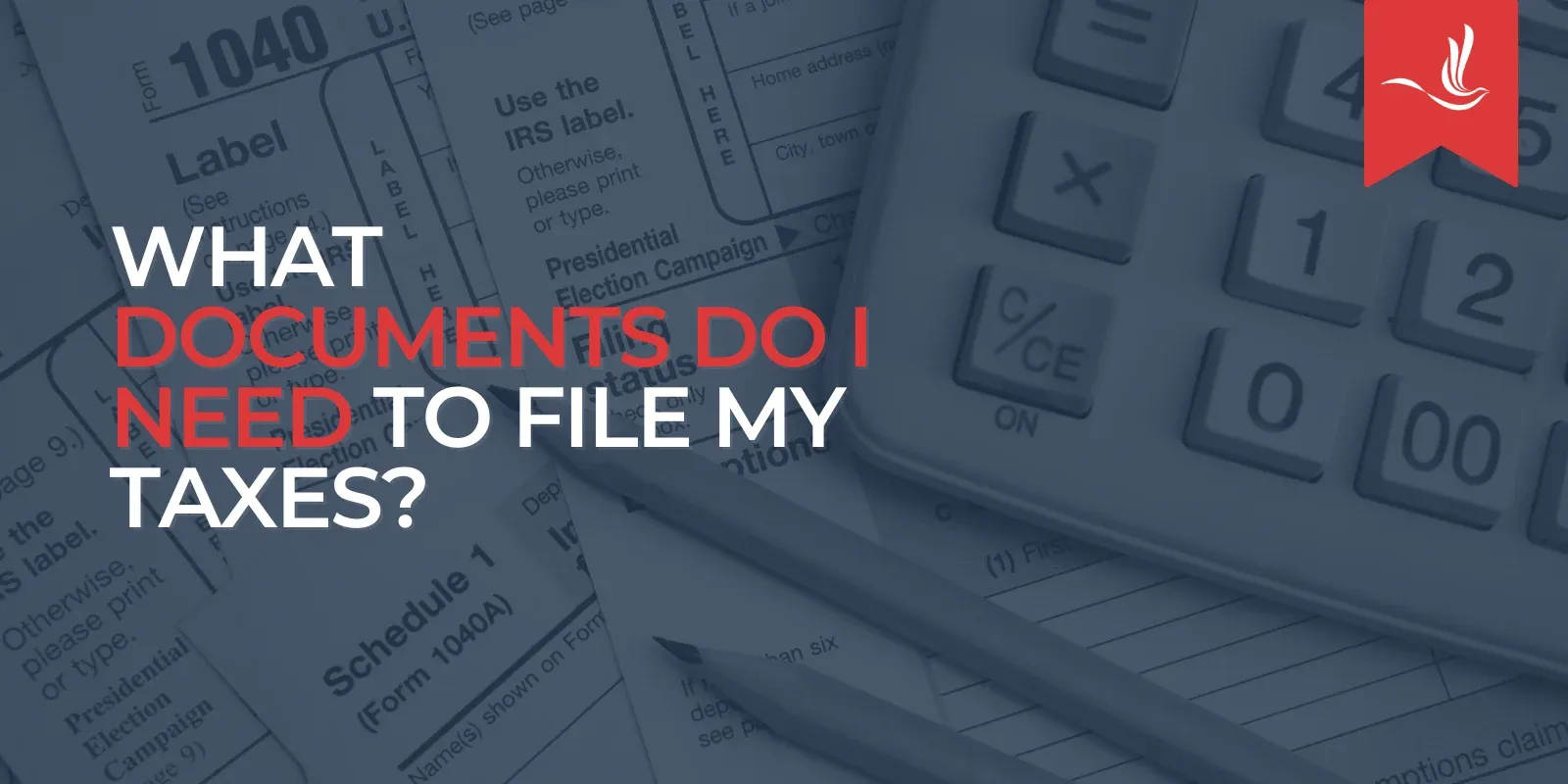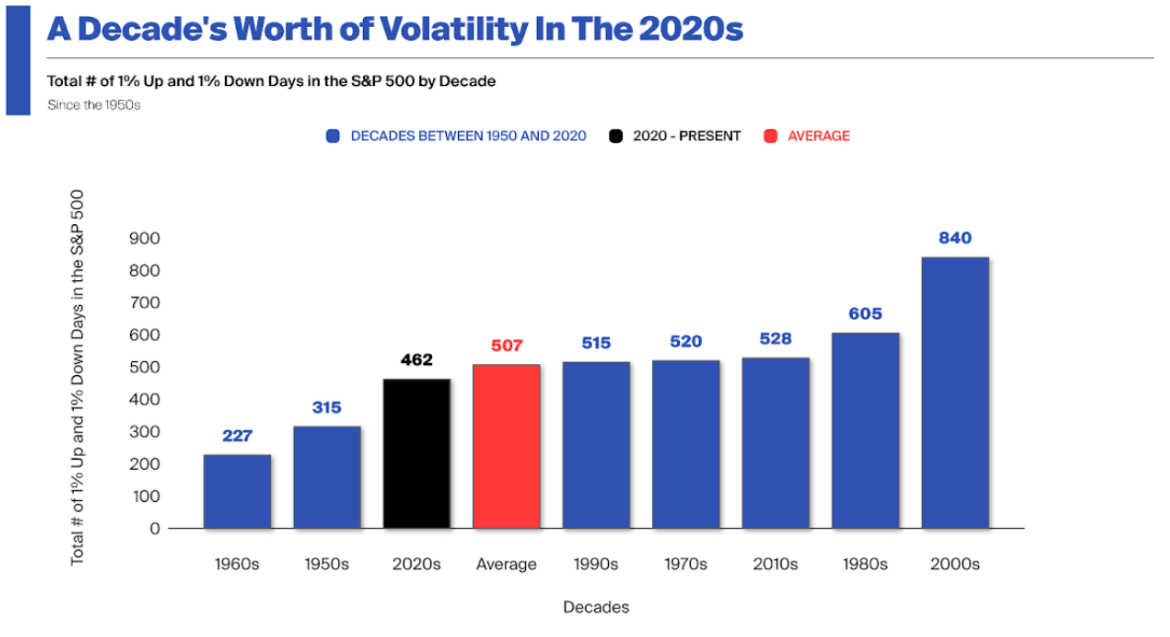Although consumer payments have become increasingly digitized, many business-to-business transactions still rely on manual processes that add unnecessary friction. This dynamic is beginning to shift.
Freight management software firm Carrier Logistics has introduced FACTSPay, an online payment tool designed to streamline invoice settlement for shippers. Currently, paying freight invoices—whether by credit card or ACH—often requires contacting customer service. Moving these interactions into a digital, self-service environment could bring substantial benefits to the industry, reflecting similar trends seen in other sectors.
“Independent software vendors (ISVs) in the B2C space have been the hottest market for integrated payments and embedded financial services,” said Don Apgar, Director of Merchant Payments at Javelin Strategy & Research. “Toast is a good example, where restaurants benefit from seamless payment processing and other business financial needs like payroll and working capital.”
“Combine that with the B2B supplier space which still represents the largest greenfield expansion opportunity for card acceptance, and this announcement from Carrier is significant,” he said.
The Primary Blocker
Along with ease of use, this model also presents opportunities for cost reduction.
By enabling self-service payments, motor carriers can reduce administrative work associated with collecting from shippers, while shippers face fewer barriers when paying their invoices.
“The primary blocker to card payments in B2B is the 3% average cost that businesses will pay to accept corporate and purchasing card types,” Apgar said. “In this application for the less-than-truckload (LTL) logistics vertical, the cost of accepting payments over the phone and fielding inquiries about invoices and payments is significant.”
“Embedding payment processing into the software that enables users to look up invoice data and make payments on their own represents a huge potential cost savings for the carriers,” he said.
Underpinning the Next Wave
For many software-as-a-service companies, embedded payment capabilities represent just the beginning. For example, Toast evolved from a restaurant point-of-sale solution into a full-scale financial services provider.
As flexibility and cost savings become increasingly important in B2B commerce, platforms that integrate payments directly into operational workflows are set to play a much larger role in the future of the payments landscape.
“This will be one to watch, because if successful it will be the case study that underpins the next wave of growth for electronic payments in B2B applications,” Apgar said.
Disclaimer: This story is auto-aggregated by a computer program and has not been created or edited by finopulse.
Publisher: Source link








